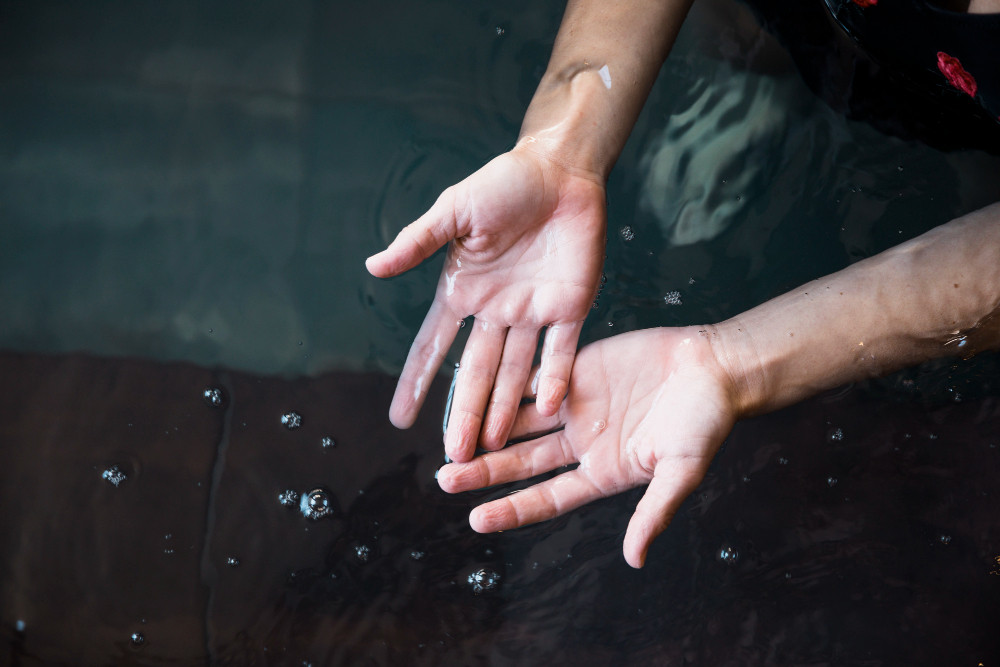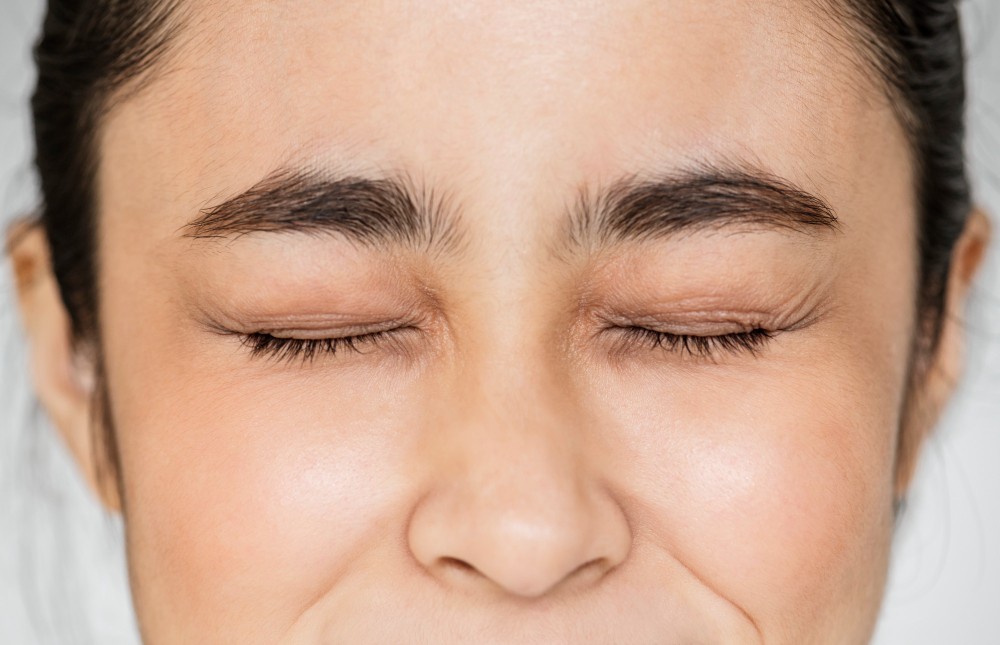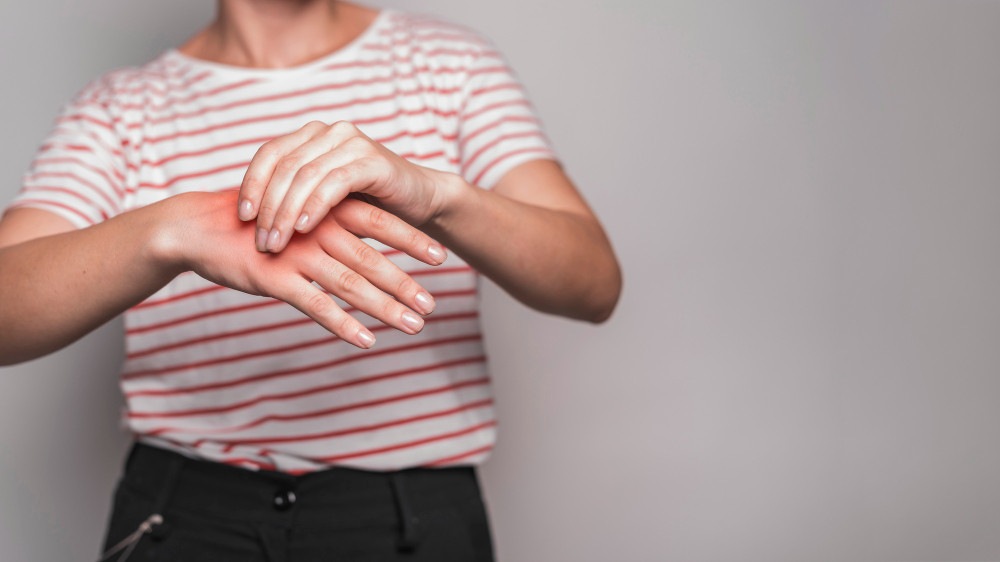You have probably noticed your fingers suddenly becoming wrinkled after swimming, soaking, or playing in water for too long. This phenomenon is usually harmless, and your skin will return to normal after you dry your hands. However, if your fingers are wrinkled without having come into contact with water, it could indicate a more serious health issue.
Causes of wrinkled fingers after soaking in water
Wrinkled fingers after prolonged exposure to water result from a mechanism involving the nervous system and blood vessels. The longer your hands are submerged, the wrinklier they become.
When you soak in water, your nervous system sends signals to the blood vessels to constrict. This narrowing of the capillary blood vessels in your fingers reduces blood volume in the inner layers of soft tissue, causing the skin to pull inward. This inward pull creates folds that appear as wrinkles.
What to do about wrinkled fingers
Wrinkled fingers after being in water are typically not a cause for concern and do not require special treatment. Once you dry your hands, your fingers should return to their normal state within a few minutes.
If you notice your fingers are wrinkled without having been in the water and do not have any other symptoms, you might be experiencing mild dehydration. To resolve this, simply drink more water to replenish lost fluids. Once you are adequately hydrated, your fingers should return to normal.
When to be concerned about wrinkled fingers
In some cases, you may experience wrinkled fingers without prior water exposure. Besides prolonged soaking and dehydration, certain health issues may cause this symptom. Some conditions to watch out for include:
Raynaud's disease
Raynaud's disease is a circulation disorder that can cause the fingers or toes to turn white or pale, then blue, cold, and numb. This condition often occurs in response to cold temperatures or stress, leading to spasms and constriction of blood vessels, which restrict blood flow.
Eksim
Eczema is a chronic skin condition characterized by inflammation, rashes, itching, and redness. During flare-ups, eczema can dry out the skin, leading to wrinkles.
Diabetes
People with diabetes are at a higher risk of skin issues, such as bacterial and fungal infections. These infections can affect the skin around the nails and between the fingers, causing redness, swelling, and potential wrinkling.
Thyroid disorders
Thyroid disorders can also lead to wrinkles on the hands. The thyroid gland plays a crucial role in regulating various bodily functions, including digestion and body temperature. An underactive thyroid can slow down these processes, causing fatigue, low blood pressure, and poor circulation, which may result in fine wrinkles, rashes, and dry, pale skin.
If your fingers wrinkle after activities in water, this is usually normal and harmless. Wrinkling can also indicate dehydration, which can be addressed by drinking enough water until symptoms subside.
However, if your fingers remain wrinkled for an extended period, it is best to consult a doctor for appropriate treatment. You can also make use of the consultation features that are available in the Ai Care application by downloading the Ai Care application from the App Store or Play Store.
Looking for more information about other diseases? Click here!
- Sean Edbert Lim, MBBS
Cluett, J. (2022). Why Do Fingers Wrinkle in Water?. Available from: https://www.verywellhealth.com/why-do-fingers-wrinkle-2549395
Sissons, C. (2024). Why are my fingers pruney or wrinkled?. Available from: https://www.medicalnewstoday.com/articles/322705
WebMD Editorial Contributors. (2023). Available from: https://www.webmd.com/a-to-z-guides/what-to-know-about-pruney-fingers











